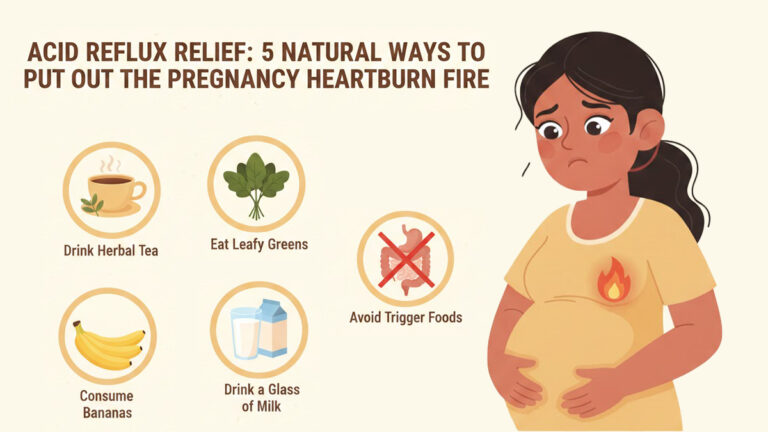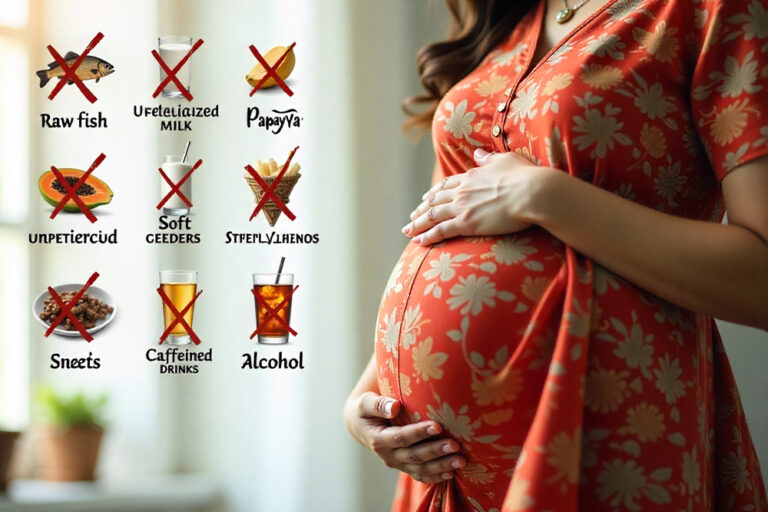Key points:
- What is the main reason IVF fails?
- What is the next step if IVF fails?
- What happens to your body after failed IVF
- I’m pregnant with Covid-19 symptoms
After trying all the tried-and-tested methods of getting pregnant, a couple decides to go for In vitro Fertilization (IVF). It is easy to feel disappointed when IVF fails. It doesn’t matter if it is your first or fourth failed fertility treatment. It is difficult to deal with the emotional rollercoaster ride. However, success and failures are part of life. The same applies to IVF. Some couples are able to conceive the first time, while others face failures that can lead to frustration, hopelessness, anger and despair.
- What is the main reason IVF fails?
Embryo quality
The laboratory part of IVF treatment involves the mixing of the eggs of the female and male sperm in order to create an embryo. Although embryos may appear healthy in the laboratory, there is always the possibility of them failing to implant when they are implanted into the uterus. The IVF Lab uses a scoring system to determine the quality of embryos and select the best ones to go back into the uterus.
You can also rewind and review the video to see the embryos develop overnight. This allows you to make the best decision about embryo transfer in order to have a successful pregnancy.
Ovarian Response
The female must receive a daily injection, called FSH (follicle stimulating hormone), to increase her egg production. Some women’s ovaries don’t respond to the medication correctly and produce fewer eggs than they should. This is particularly true for older women because of the low number of eggs (lower ovarian reserve).
A poor ovarian response does not necessarily mean that IVF treatment is over. The situation can be improved by a variety of treatments and investigations. An ultrasound scan is used to assess the antra-follicle count and the ovarian reserve. The best protocol and dosage of hormone to stimulate your eggs and produce reasonable numbers of eggs would be determined by the ovarian reserve.
Implantation issues
The embryos did not implant in the uterus. It could be due to uterine polyps or a premature rise in progesterone levels. It’s not your fault that an embryo doesn’t implant. Most of the time, these issues are beyond our control. To determine the causes of failure in implantation, we run a variety of tests.
Lifestyle
A healthy lifestyle is important for natural conception. It is a good idea to stop smoking a few months before IVF begins. Smoking has been shown to have a negative impact on fertility. You will also be able to achieve a healthy weight by exercising regularly and eating a nutritious diet.
Chromosomal Abnormalities
IVF can be unsuccessful if the embryos have chromosomal abnormalities. The embryo may have a missing, extra or irregular part of its chromosomal DNA. This causes the body to reject the embryo, leading to IVF failure. The embryo may be rejected by the body because of chromosomal abnormalities.
- What is the next step if IVF fails
Failure to conceive is not the end. With the right guidance, there are many options for getting pregnant again.
It is important to understand what causes an unsuccessful IVF treatment before you look for other options. It is possible to take the appropriate steps by knowing more about your partner and their health and how they are doing during pregnancy.
Experts believe it is because of embryos. Before you look for other options, here are some other things your doctor might talk about.
What went wrong? Identifying the root cause of your problems can help you take the right steps to improve your chances of success.
What are your chances of success on the next attempt? Sometimes, the chances of getting pregnant on the second attempt are as good as the first. Other times, it might be lower. It is important to understand the success rate before you spend money.
Possible risks: Your doctor might also assess the possibility of continuing with the same treatment, or looking for alternatives to help you conceive.
What to do: Your doctor may recommend some testing or lifestyle modifications for a successful pregnancy.
What other options are there to becoming parents?
It can be difficult to deal with a failed fertility treatment. It can be very difficult to deal with a failed fertility treatment. Although it is easy to feel disappointed after an unsuccessful IVF treatment, there are still many options for becoming parents. Your doctor may recommend one option, depending on your health.
A second attempt at IVF: IVF treatment can be repeated. The doctor may recommend that you and your partner undergo some tests to determine if there are any conditions that could hinder fertility treatment. You may be advised to make lifestyle changes that will increase your chances of becoming pregnant. If all goes well, they might recommend another IVF.
Third-party donor This is a popular option for women who have insufficient or non-viable eggs. After screening, eggs from these donors are obtained. Third-party donors generally have younger than 30 years and are healthy.
Surrogacy: There are some reasons why women may not be able to fertilize embryos. Surrogacy is an option. This can happen due to failed embryo implantation, repeated miscarriages, or a combination of both. Surrogates are not connected to the embryo. They act as gestational carriers and carry the embryo for you for nine months.
- What happens to your body after failed IVF
You will feel exhausted within the first few days and possibly even weeks after a failed IVF cycle. It can be hard to think about another IVF cycle, especially one that is new. It can be difficult to imagine yourself again in this kind of grief.
Six weeks after a failed cycle, once emotions have calmed down, clinics will schedule a follow-up appointment with a physician to review it and attempt to figure out what went wrong.
You should wait for the appointment, and not make any decisions until you talk to your fertility specialist. There may be some changes you can make to improve your chances of a successful subsequent cycle.
You may be able to do further fertility tests or try new techniques. If egg quality is suspected to be the cause of IVF failure, it is worth being prepared for the possibility of using donor eggs or other treatment options.
- I’m pregnant with Covid-19 symptoms
Pregnant women who are treated with Covid-19 in hospitals may not show any symptoms and could be admitted to the intensive care unit more often than women who aren’t pregnant.
They are also more likely in preterm births and to have their babies admitted to a neonatal unit.
These findings indicate that being overweight or older and having pre-existing conditions like diabetes and hypertension can increase the likelihood of severe Covid-19 in these women.
They found that women who are pregnant or recently became pregnant with Covid-19 had a lower incidence of experiencing symptoms like muscle pain and fever (myalgia) than women who were not pregnant. However, they were more likely to need to be admitted to the intensive care unit and to require ventilation.
The maternal risk factors for severe Covid-19 include increasing age, high body weight, chronic high blood pressure and pre-existing diabetic conditions.
Premature birth rates were higher for covid-19-positive women than those who did not have the disease.
25% of babies born to mothers with Covid-19 had to be admitted to neonatal units. They were more likely to be admitted than the babies born to mothers who were not affected by the disease.
Another study suggests that pregnant women are at the same risk for COVID infection as non-pregnant women. There is also no evidence that pregnant women can transmit COVID infection from their babies. Most patients do not have Coronavirus in their amniotic fluids or breast milk. These facts make it unlikely that COVID-19 could affect your pregnancy.










